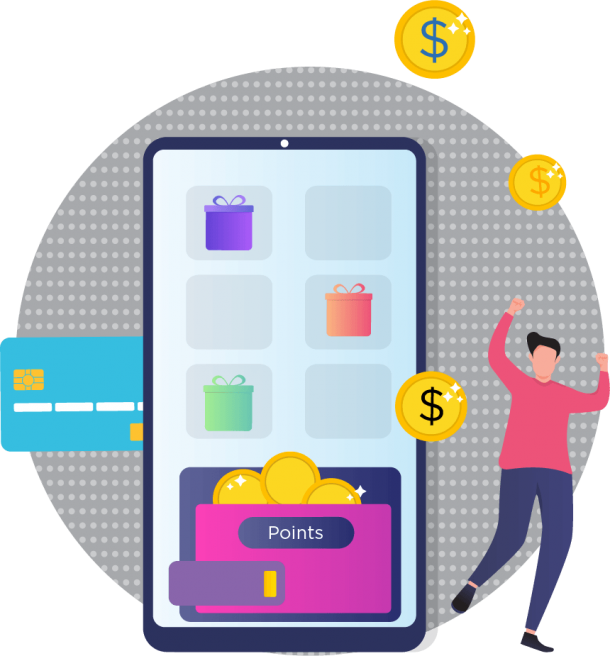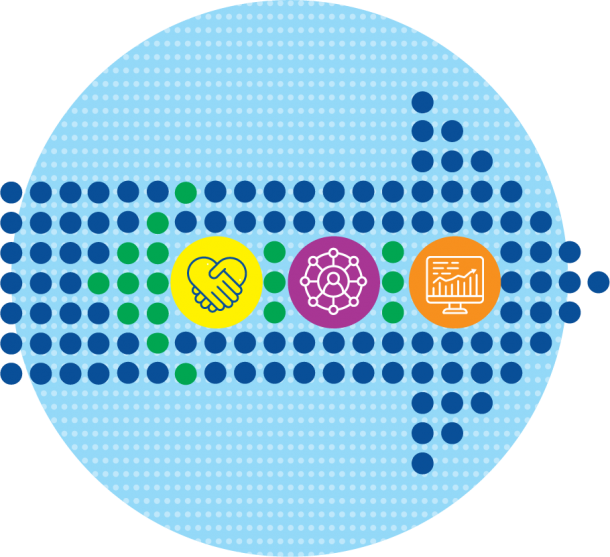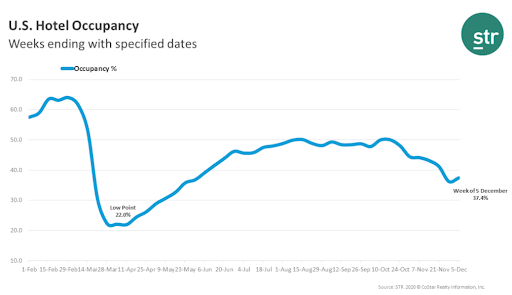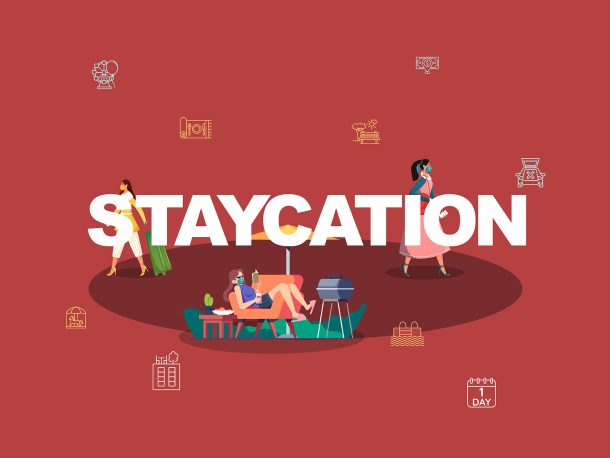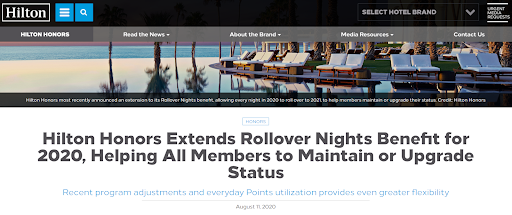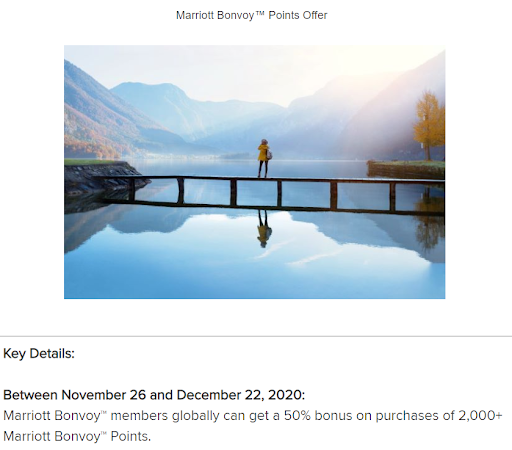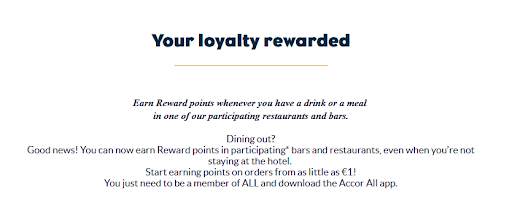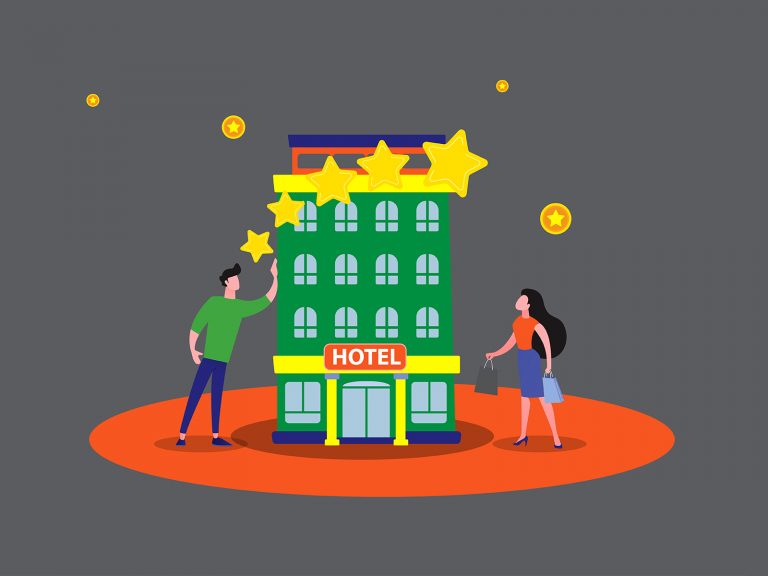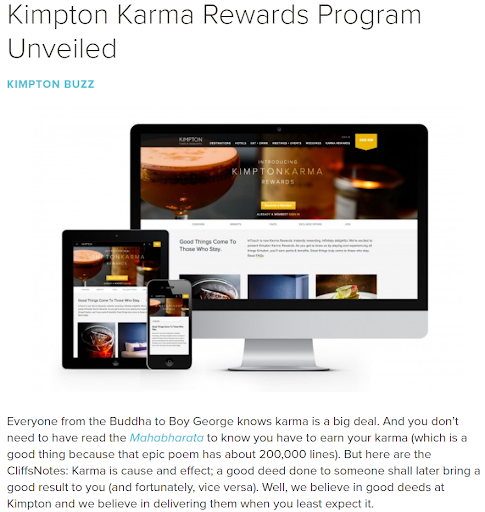No man is an island
Community & connections are integral to humans and we tend to do badly when isolated from each other.
The irony is that it took us a pandemic to realize the need for building and maintaining strong relationships.
With social distancing in place, we have realized how much we crave human connection. Not being able to meet your friends, spend time with your colleagues, or interact with your gym buddies, left all of us with one solution – Go Digital.
However, in the digital world, relationships and connections are not confined to family and friends.
It’s a massive ecosystem that includes brands, businesses, governments, and institutions – and they are increasingly expected to interact with their customers (and citizens) with human-like levels of cognition in terms of tone, context, and relevance.
And that’s where data becomes tremendously important. Customer data and insights have become a marketer’s best friend when it comes to understanding customers, predict their behavior, and engaging them with relevant and context-driven content at every stage of the purchase cycle.
In 2021 and beyond, brands aiming towards having hyper-relevant, one-to-one conversations with customers, and building a strong foundation of trust will need to optimize, enhance, and even rethink their marketing strategy.
Our new feature additions will help you delight your customers and build deeper levels of trust.
Lead Management System
Manage and close leads
With vaccines on the horizon, the world has started moving towards normalcy with a hope of a better year. People have started going out and brands are also opening shops with precautions in place.
Our newly launched mini-app, Lead Management System within the Storemax App will enable store employees to provide a seamless customer experience. It will help them understand the customers better by maintaining their profiles, adding their product requests, tracking purchases and points history, and communicating with them about the availability of products at the right time to ensure customer delight and closure of leads.
The app is closely integrated with other Capillary products – Insights+, Engage+, and Loyalty+ to ensure effective customer engagement. The app is capable of :
- Connecting the offline and online customer data
- Efficiently manage the inventory
- Converting leads into customers
- Increasing loyalty among existing customers
- Incentivizing store staff for leads closure
Use Cases:
- Mary visits an apparel store and wants to purchase a dress. She likes a dress, but her size is out of stock. The store employee captures her interest in LMS and sends her a message when the dress becomes available.
- Tom visits an electronics store to check laptop options. A lead can be captured in LMS by adding specifications/model/brand etc. for effective follow-ups and closing the purchase.
Promised Points
Event-based points redemption
Loyalty marketing practices have evolved to remain relevant to changing customer behavior and increased time spent on digital platforms. Brands are increasingly leveraging loyalty programs to create memorable brand experiences for every touchpoint. To keep your brand relevant in the disrupted consumer landscape post-Covid-19, you must implement customer-focused and dynamic loyalty programs.
The recent release of Promised points within Capillary Loyalty+ has enhanced the platform’s capabilities to fit hospitality, CPG, and ecommerce loyalty marketing scenarios.
Brands can now allow conversion of promised points into redeemable points upon the successful completion of defined customer events. The events could be the return of purchased products, online order delivery, payment settlement at a later date, hotel check-out, purchase approval, etc.
It empowers marketers to control their points liability and provide a hassle-free customer experience.
Use Cases:
- Dan books a hotel room for a 3 days/2 nights stay and makes the payment online. After his stay, the day he checks out of the hotel, and the promised points are added to his account. It creates a win-win for both the hotel owner and the customer.
- Jane purchases a dress online and returns it within the 14-days return period. Promised points saves the retailer the hassle of adding points to her account during purchase and then reverting it back when the dress was returned.
Partner Broadcast Campaigns
Hybrid approach for customer engagement
Customers expect brands to engage with them, but they also expect them to safeguard their data. Unsurprisingly, data breaches are PR disasters that can severely dent brand perception and business for months, if not years. This makes it vital for brands to closely scrutinize the platforms that handle their customers’ data.
Capillary’s flexible and intelligent engagement platform, Engage+ adds another feather to its cap with the latest release. Marketers can now get the best of both worlds by creating marketing campaigns on Engage+ and communicating/distributing to customers through partners.
The new capability allows you to design a campaign, add incentives, use personalization strategies, get granular level insights through Engage+ while allowing you to broadcast communication through your partner network. The customer data is securely added to an FTP Channel which can be picked by the client or their partner.
Use Cases:
- Brand X shows available coupons to Harry in the rewards section of his mobile app instead of communicating through any channels with Partner broadcast campaigns
- Brand Y uses Capillary’s CDP and personalization engine to create a targeted customer list and uses Partner broadcast campaigns to communicate it through their other CRM partners.
LINE Enhancements
Engage and enhance customer experience
To build a universally loved brand, companies must take a glocal approach to understand the unique needs, shopping trends, customer preferences, and devise the best strategy suited for each region. The social media and messenger apps used by customers also vary considerably by each country. While LINE is the most used messaging app in Thailand, it’s WhatsApp in India and WeChat in China. It makes practical sense for marketers in these regions to target their users on these apps.
Capillary’s latest enhancements for LINE will empower marketers in Thailand to engage their audience with beautifully designed campaigns.
The new update allows the use of videos, emojis, rich media, and images to capture attention and increase conversions. LINE messages designed through Capillary Engage+ now support stickers, carousel images, and multiple bubbles in a single message. This new addition will let you form a stronger connection with your customers and encourage them to click, and complete their purchase journey.
Conclusion
The lifestyle changes are here to stay with the possibility of creating permanent changes in customer behavior. So what would be wise for marketers to do? It’s a no-brainer if you have read the blog – hop on the digital bandwagon if you haven’t already or you will get crushed in the survival race, adapt to the changing market landscape, automate with AI to predict your customer actions, frame the right marketing strategy and accelerate your business growth.

